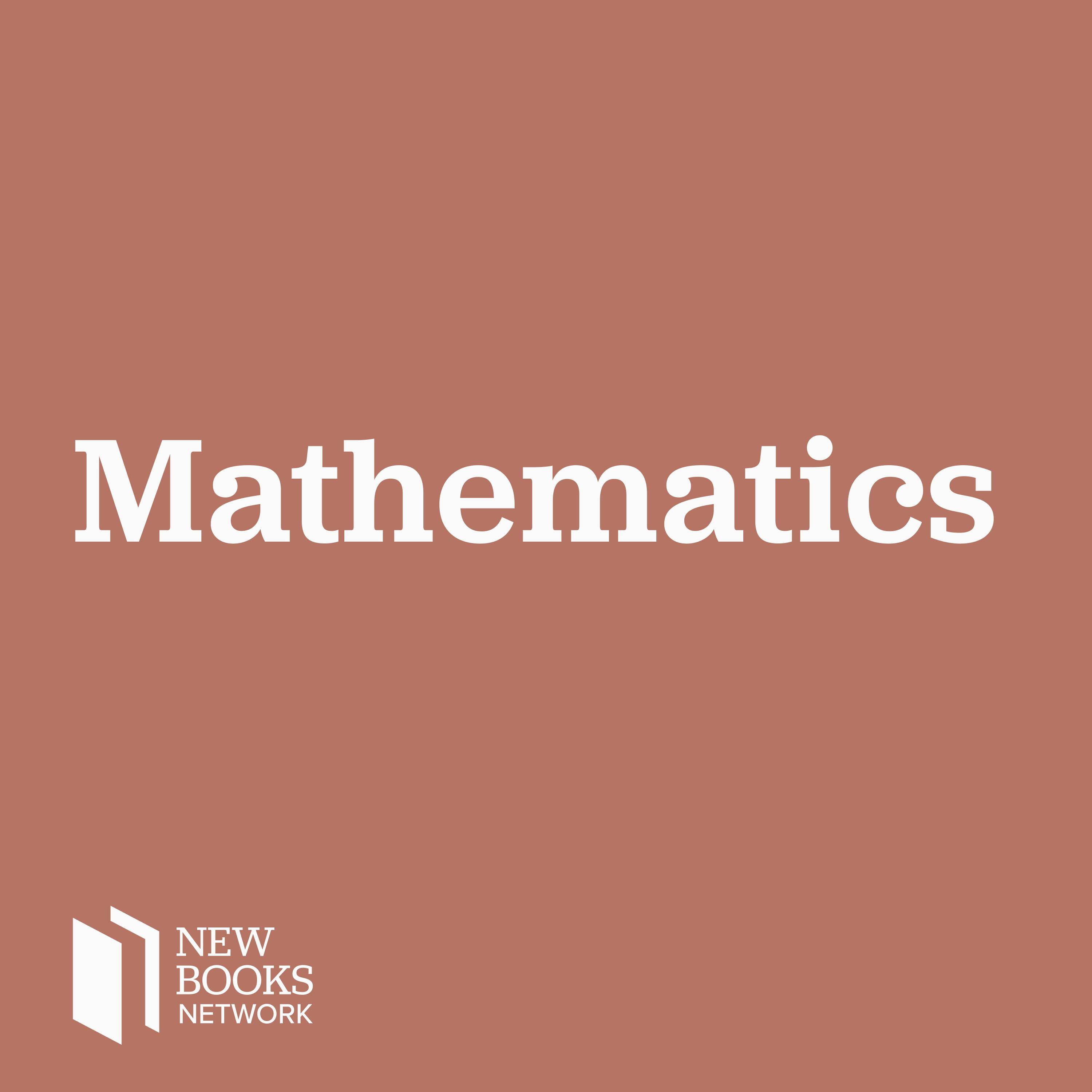Chris Bleakley, "Poems That Solve Puzzles: The History and Science of Algorithms" (Oxford UP, 2020)
Description
As algorithms become ever more significant to and embedded in our everyday lives, ever more accessible introductions to them are needed. While several excellent technical and critical treatments have emerged in recent years, i had not come across a book for the general public that would provide a deep sense for the intuitions and motivations behind their development. Chris Bleakley's new book offers this and more: conceptual rigor woven into historical vignettes in a style that i believe general readers will find truly enjoyable to read.
Poems that Solve Puzzles: The History and Science of Algorithms (Oxford UP, 2020) is itself a quite poetic book, in which echoes of ideas and variations on themes can be heard throughout. Its stories encompass the early hypothetical and mechanical computers, the charactered rise of weather forecasting, the origins (and lulls) of machine learning, and the sensational competitions between master game players and artificial intelligence. The book traverses a long historical arc, but each episode is a quick read, remarkable in their ability to convey depth and rigor in crisp, plain language. It was a delight to talk with Chris about these and other aspects of his book.
Suggested companion works:
--Simon Singh, The Code Book
--George Dyson, Turing's Cathedral: The Origins of the Digital Universe
--Greg Kohs (director), "AlphaGo"
Chris Bleakley is Head of the School of Computer Science at University College Dublin. He graduated with a BSc (Hons) degree in Computer Science from Queen's University, Belfast, and a PhD degree in Electronic Engineering from Dublin City University. After college, he was employed as a software consultant by Accenture and, later, as a senior telecommunications researcher at Broadcom Eireann Research.
Cory Brunson is an Assistant Professor at the Laboratory for Systems Medicine at the University of Florida. His research focuses on geometric and topological approaches to the analysis of medical and healthcare data.
Learn more about your ad choices. Visit megaphone.fm/adchoices
Support our show by becoming a premium member! https://newbooksnetwork.supportingcast.fm/mathematics
More Episodes
Published 04/15/24
The stereotype of the solitary mathematician is widespread, but practicing users and producers of mathematics know well that our work depends heavily on our historical and contemporary fellow travelers. Yet we may not appreciate how our work also extends beyond us into our physical and societal...
Published 04/15/24
What's the best way to determine what most voters want when multiple candidates are running? What's the fairest way to allocate legislative seats to different constituencies? What's the least distorted way to draw voting districts? Not the way we do things now. Democracy is mathematical to its...
Published 02/01/24


